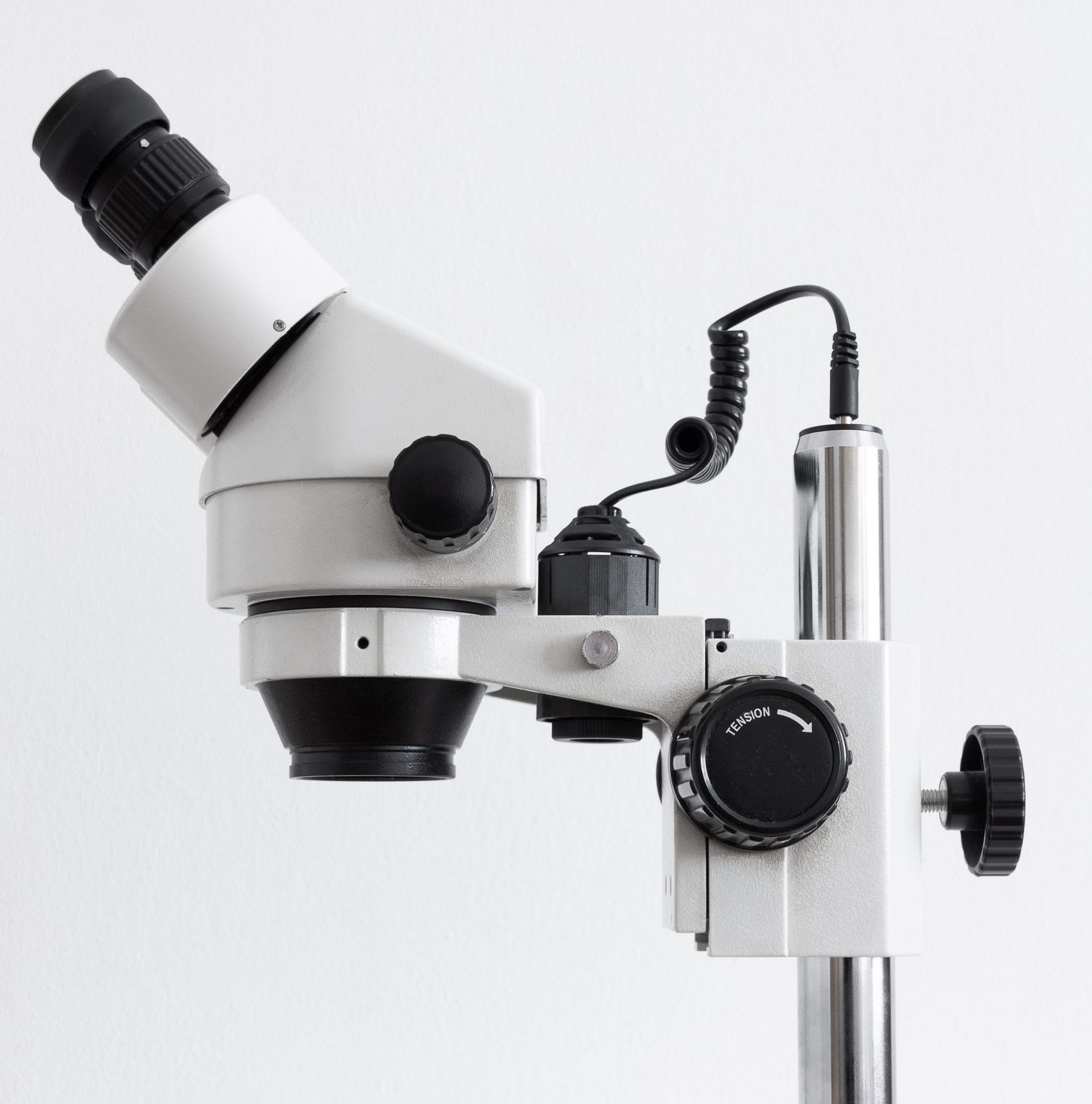
The Federation of American Scientists supports Congress’ ongoing bipartisan efforts to strengthen U.S. leadership with respect to outer space activities.
By preparing credible, bipartisan options now, before the bill becomes law, we can give the Administration a plan that is ready to implement rather than another study that gathers dust.
Even as companies and countries race to adopt AI, the U.S. lacks the capacity to fully characterize the behavior and risks of AI systems and ensure leadership across the AI stack. This gap has direct consequences for Commerce’s core missions.
As states take up AI regulation, they must prioritize transparency and build technical capacity to ensure effective governance and build public trust.
Each publication developed under this initiative focuses on a distinct aspect of health and innovation, from artificial intelligence in healthcare, to rethinking national health frameworks, to advancing heat-health resilience.
We’re seeking proposals that identify specific fairness harms associated with AI and propose actionable policy solutions at the federal, state, and local levels.
AI safety is a rapidly evolving field that draws attention from a diverse range of policymakers across the political spectrum, including those in Congress, federal agencies, and state and local governments.
From using AI to optimize power grids to accelerating clean energy R&D, AI holds huge potential, while also introducing new challenges related to climate, equity, infrastructure, security, and sustainability.

We engage with the public, academia, and the private sector to foster a broader understanding of AI and emerging technology policy issues.

We’re scoping ambitious ideas to help ARPA-I begin executing projects that improve transportation across the country.

The U.S. bioeconomy is growing rapidly, innovation is needed to sustain and maintain this growth. Shaping policy to consider workforce development, advanced agriculture, bioindustrial and biotech sectors will be imperative to keep the needle moving forward.

We aim to catalyze a more nimble science funding ecosystem, capable of keeping up with and facilitating new innovations to improve the lives of people around the world.





